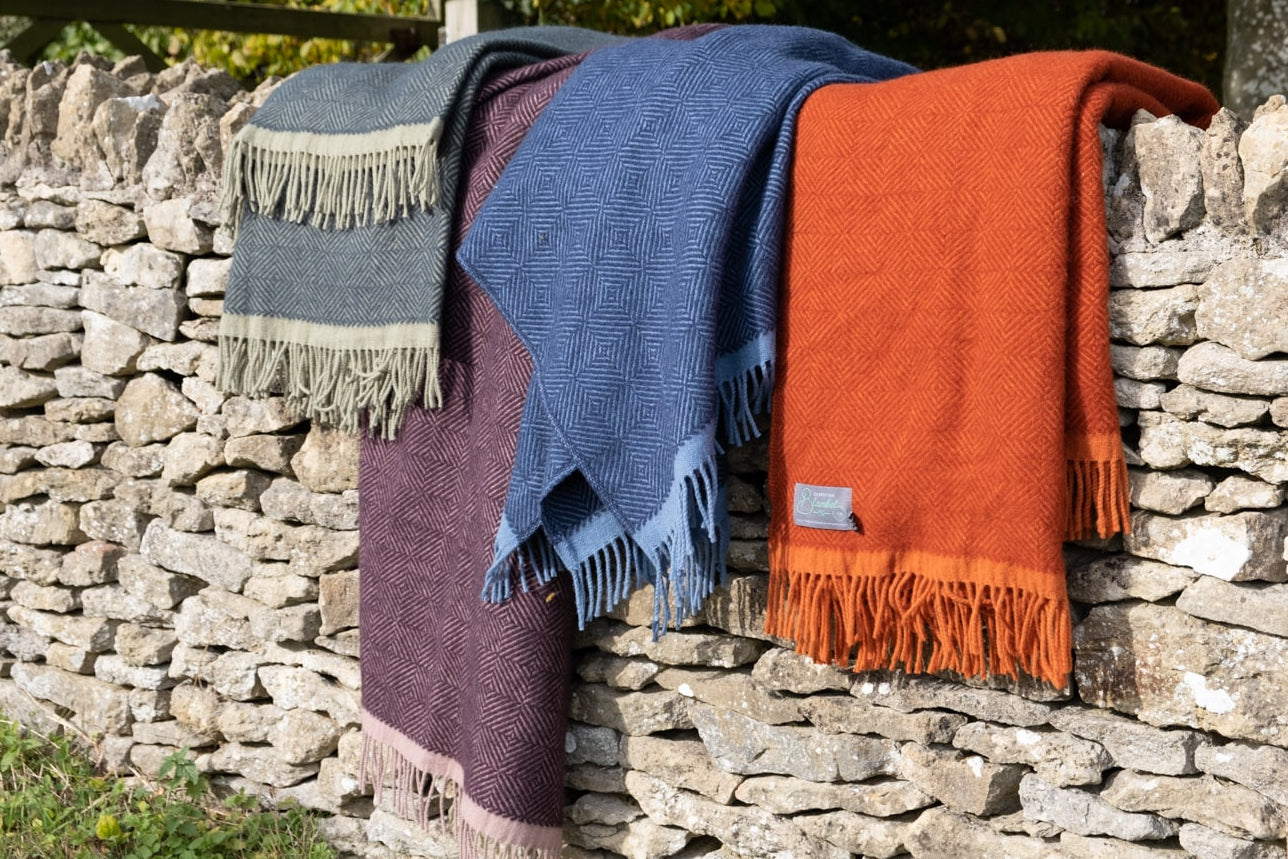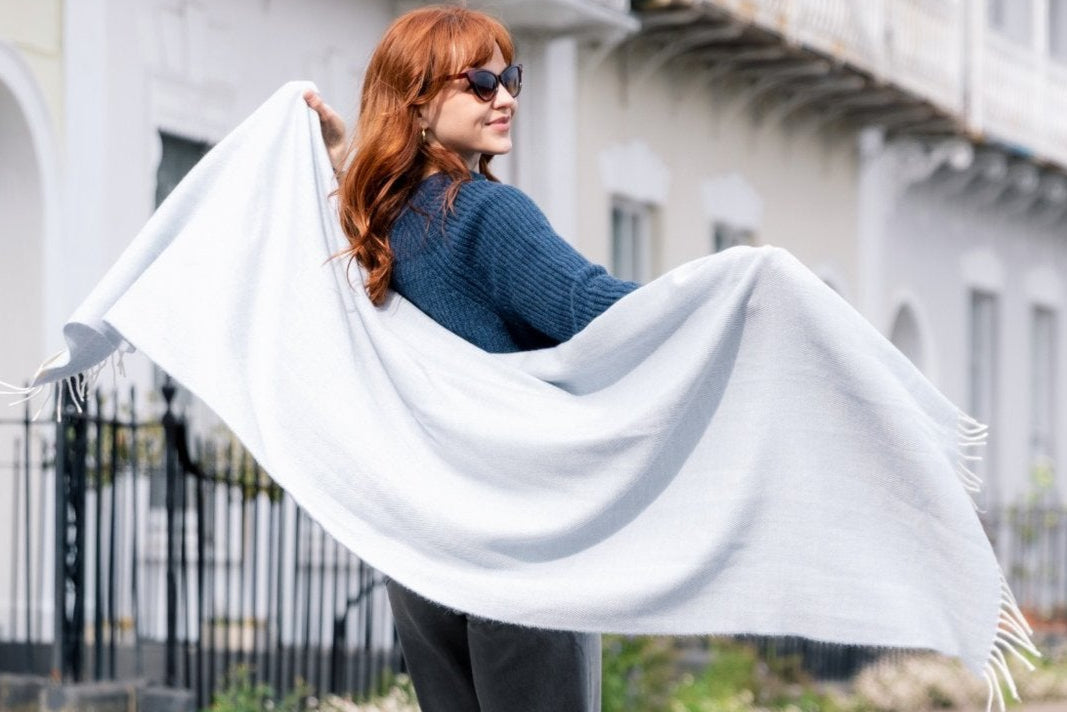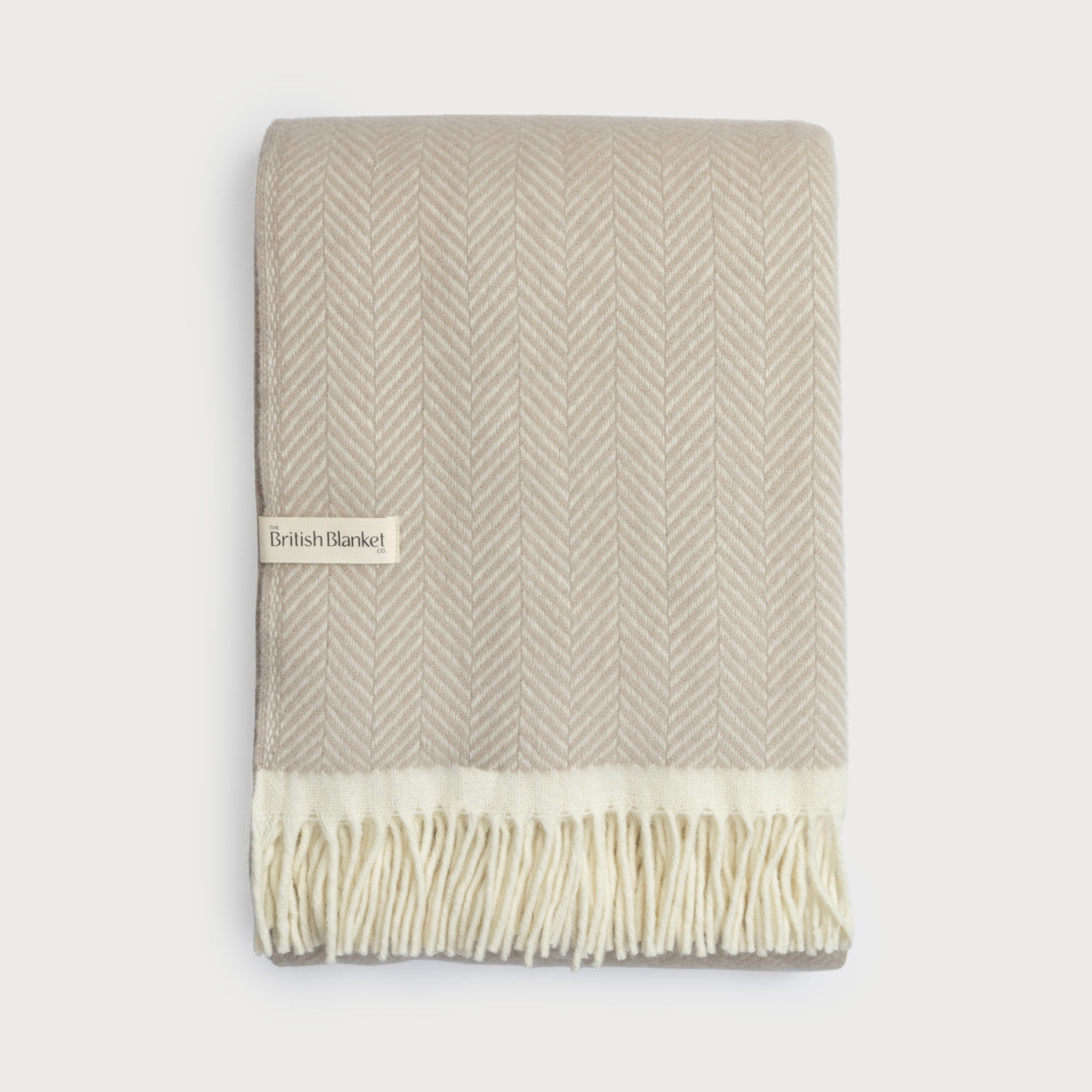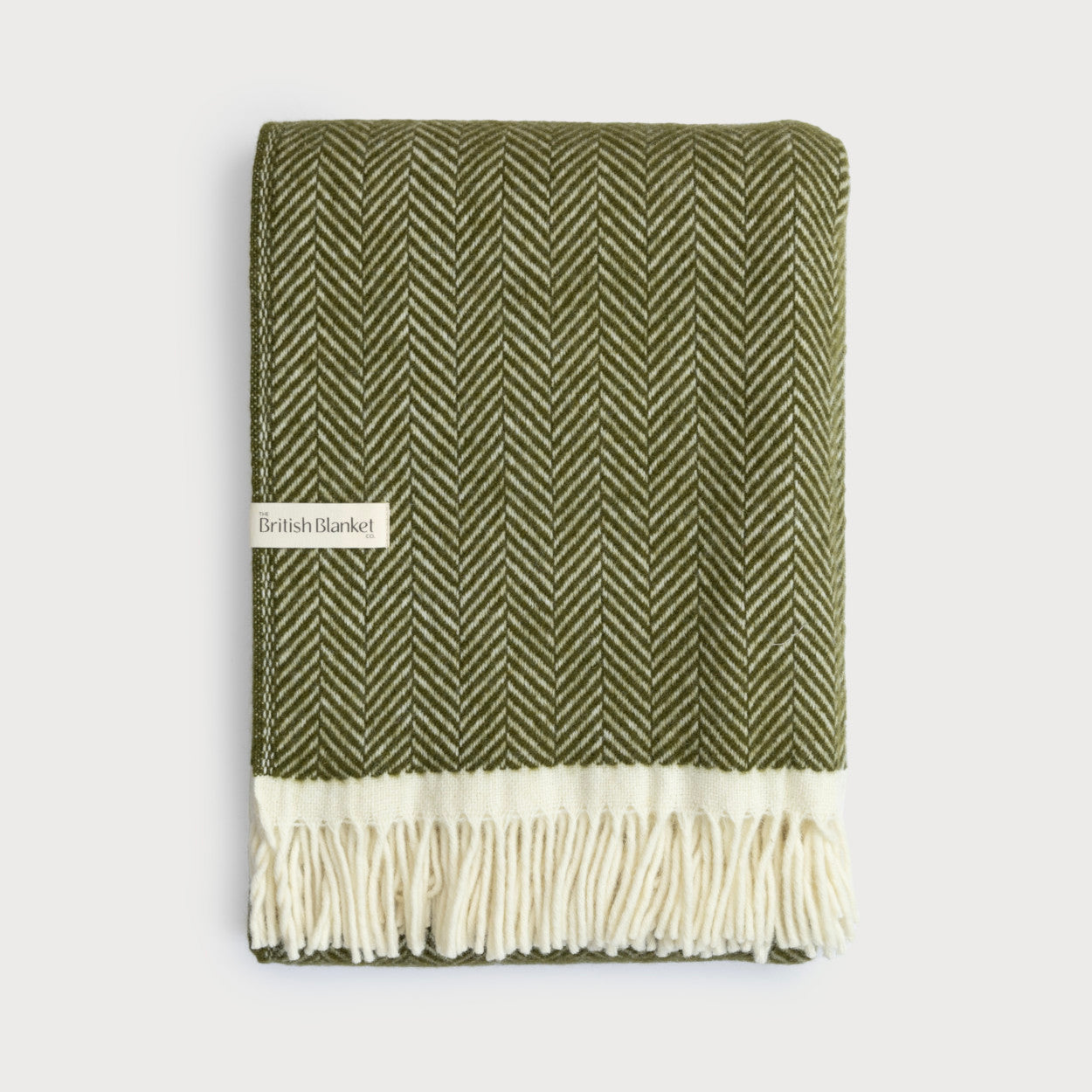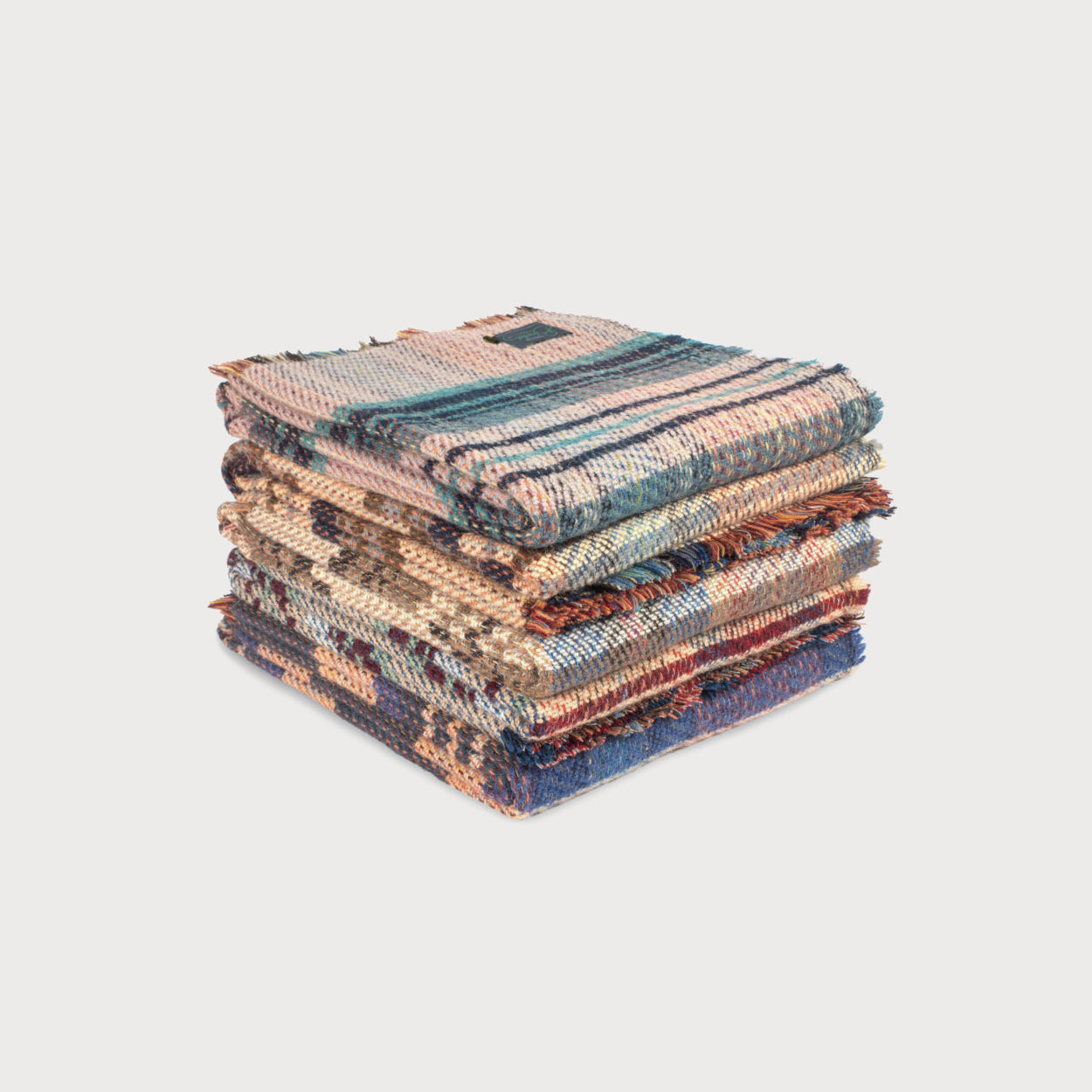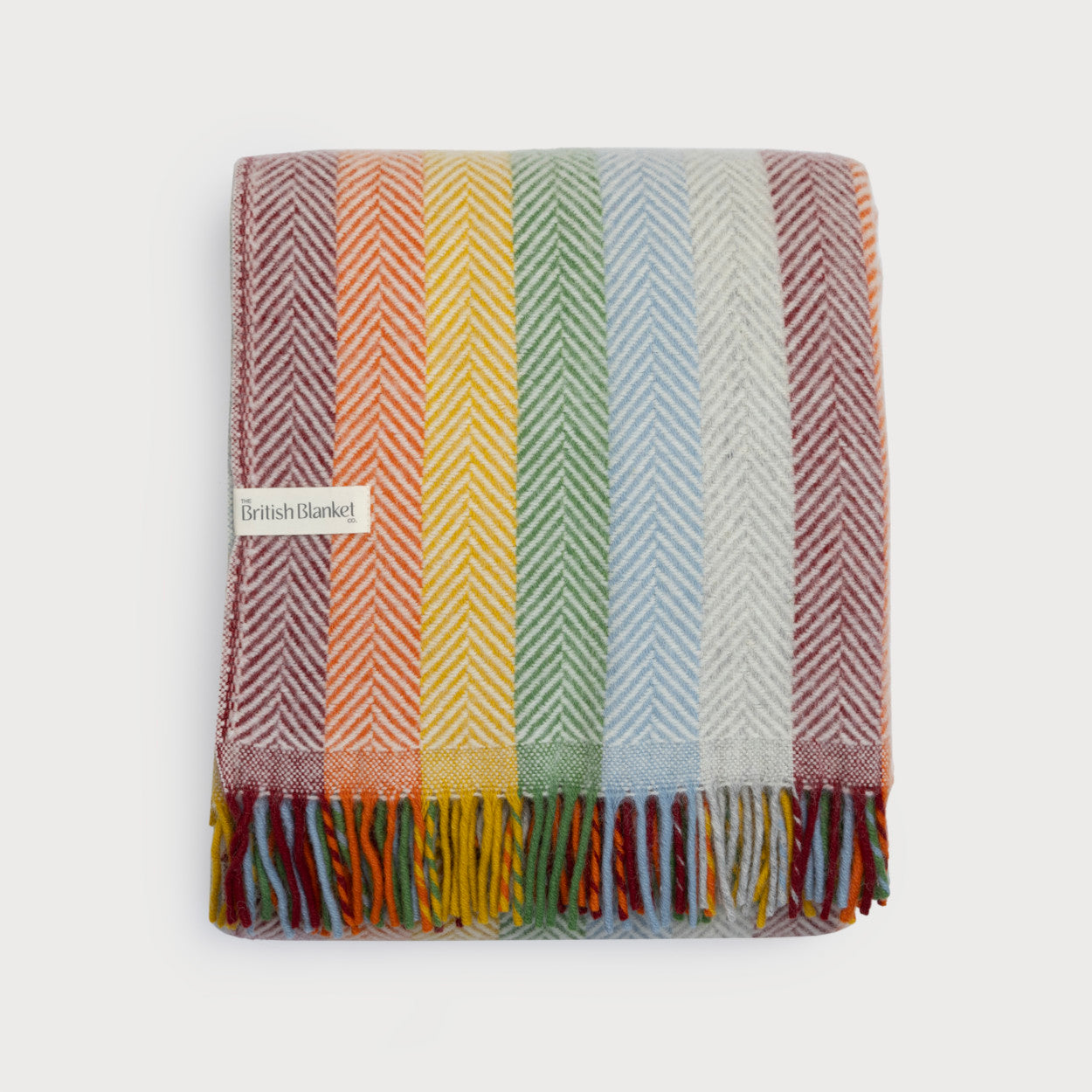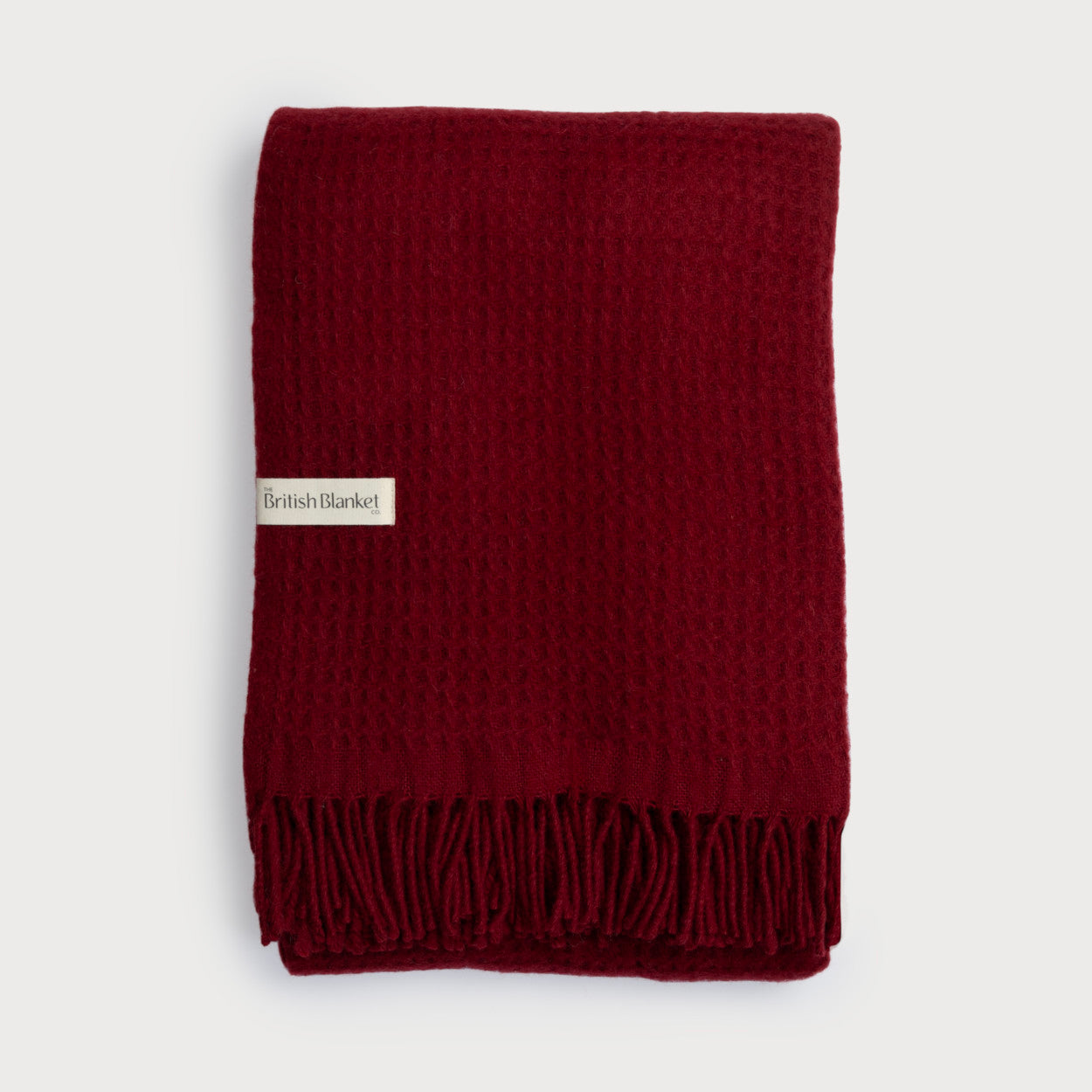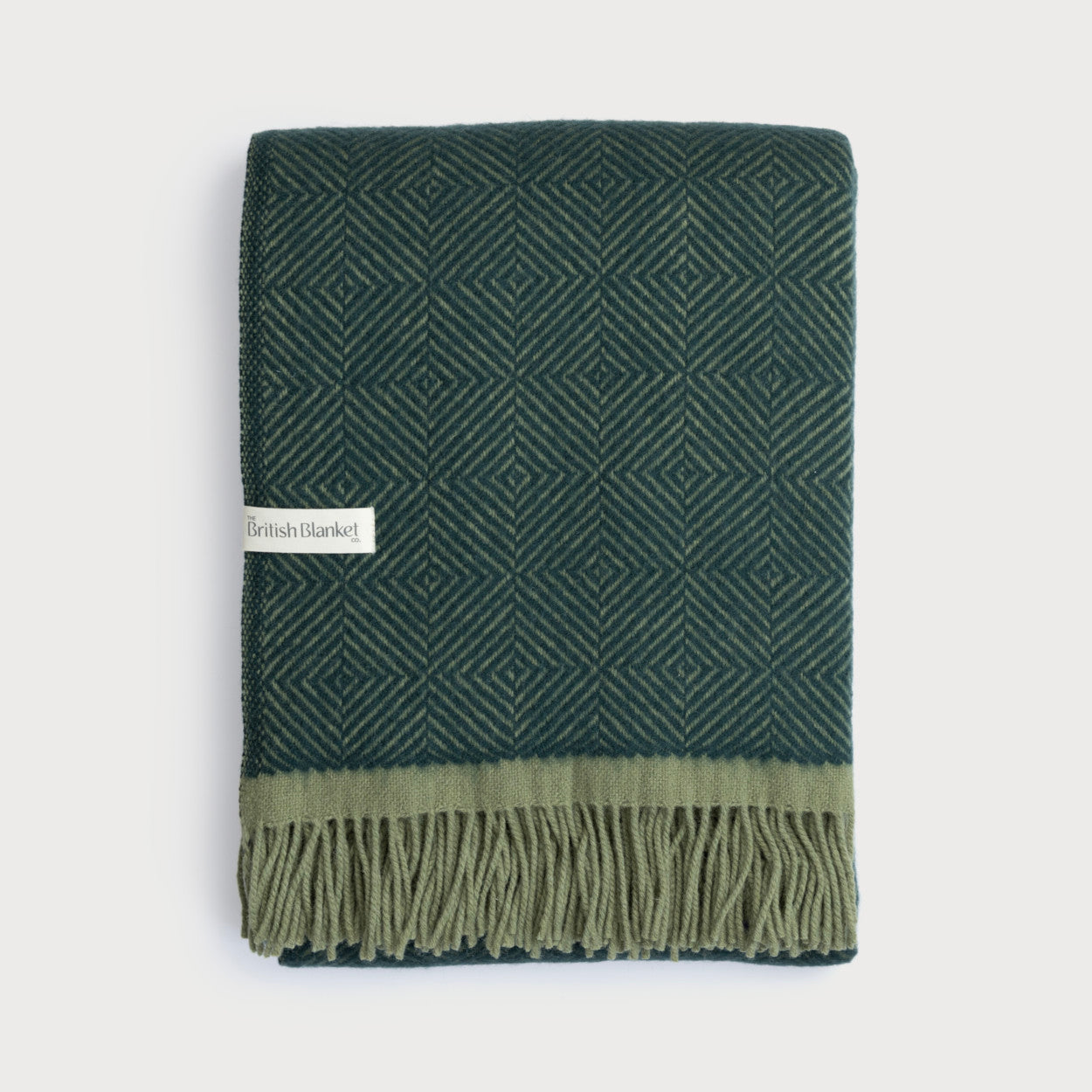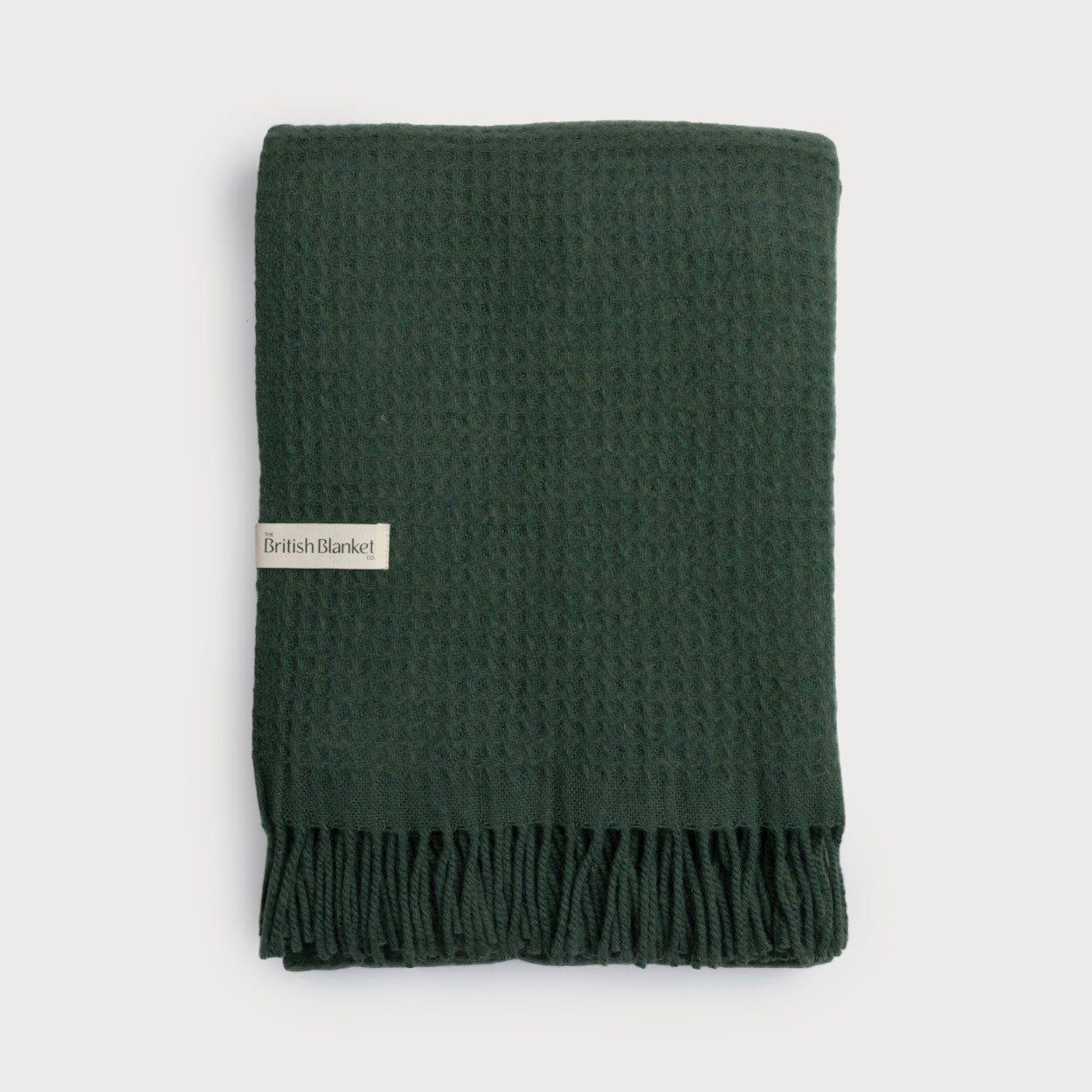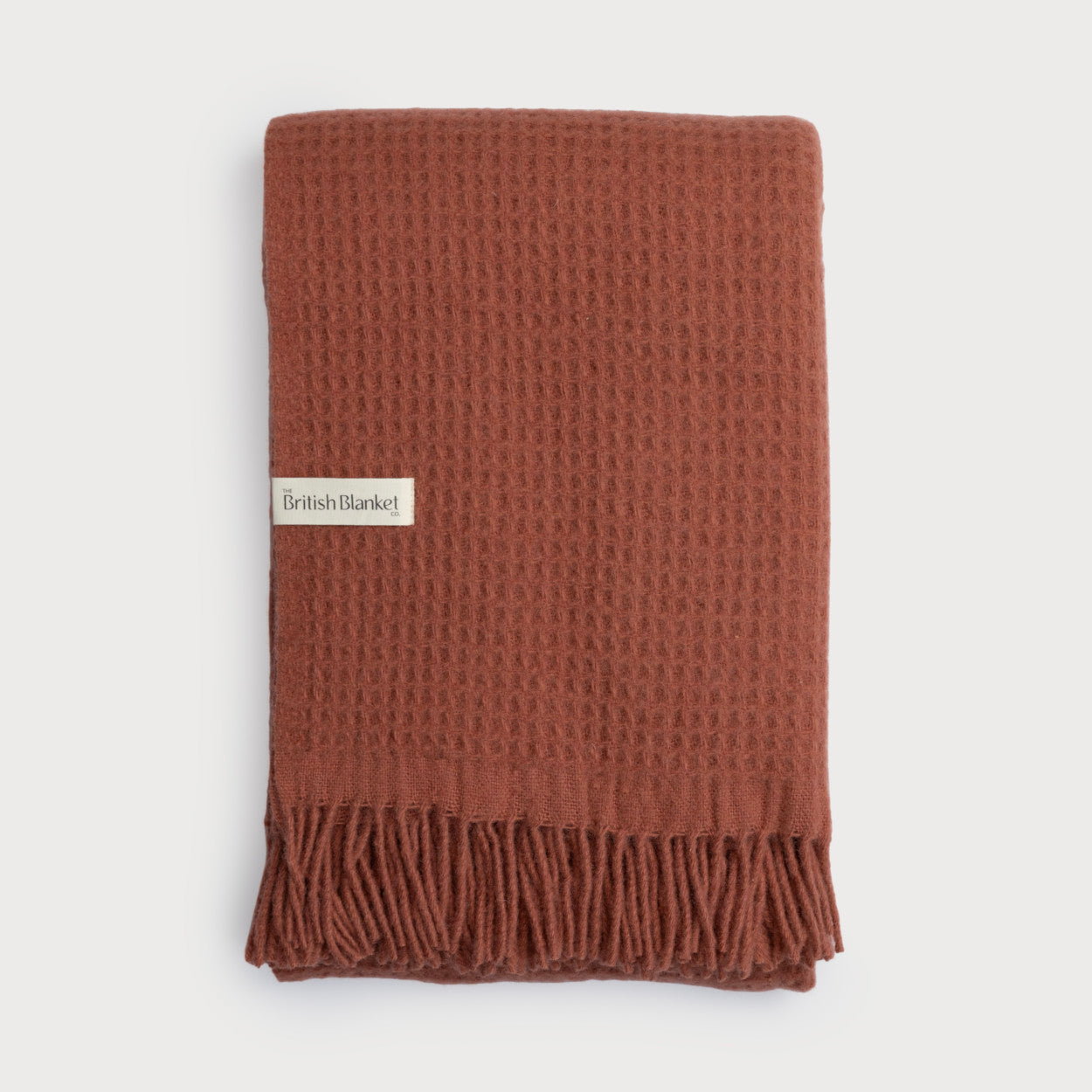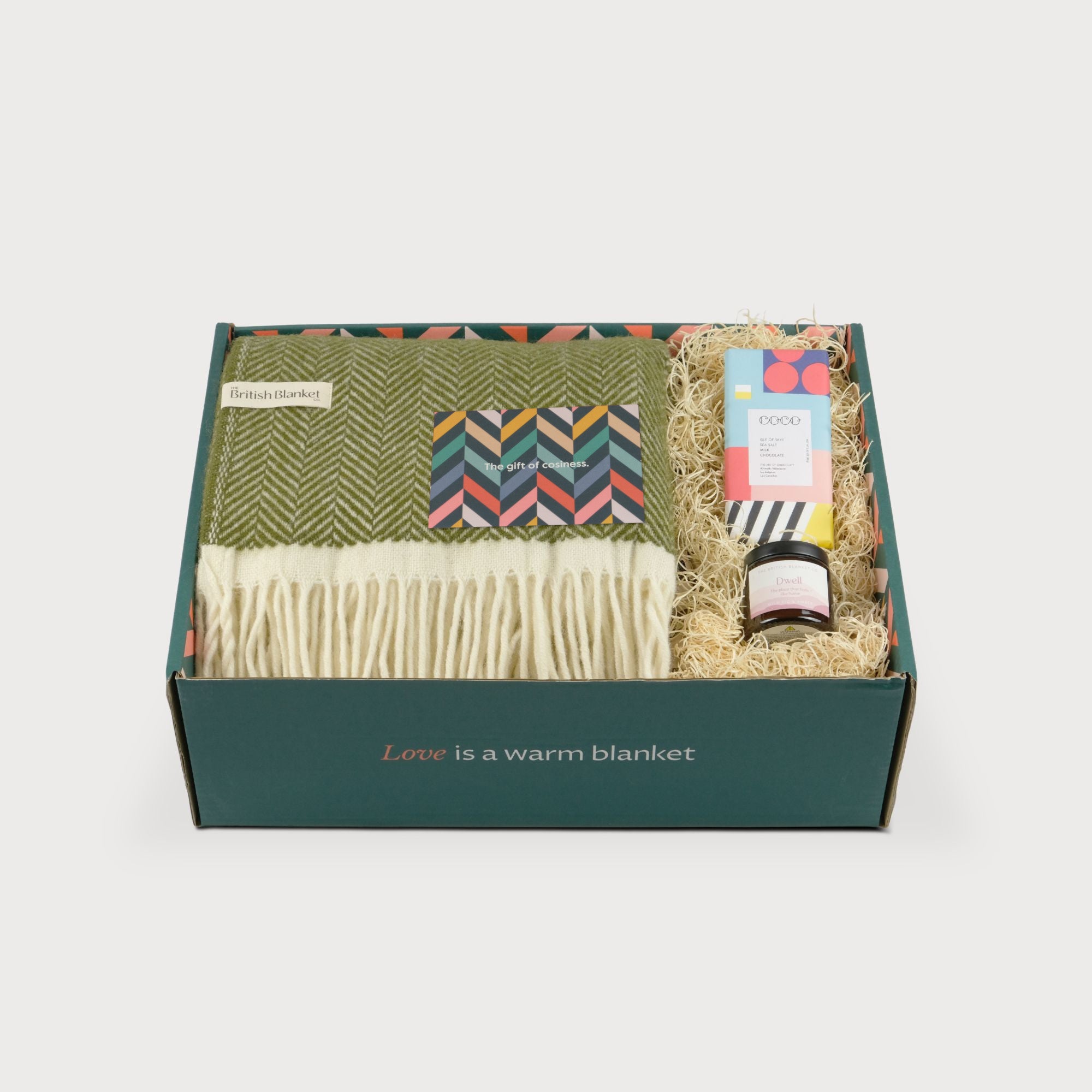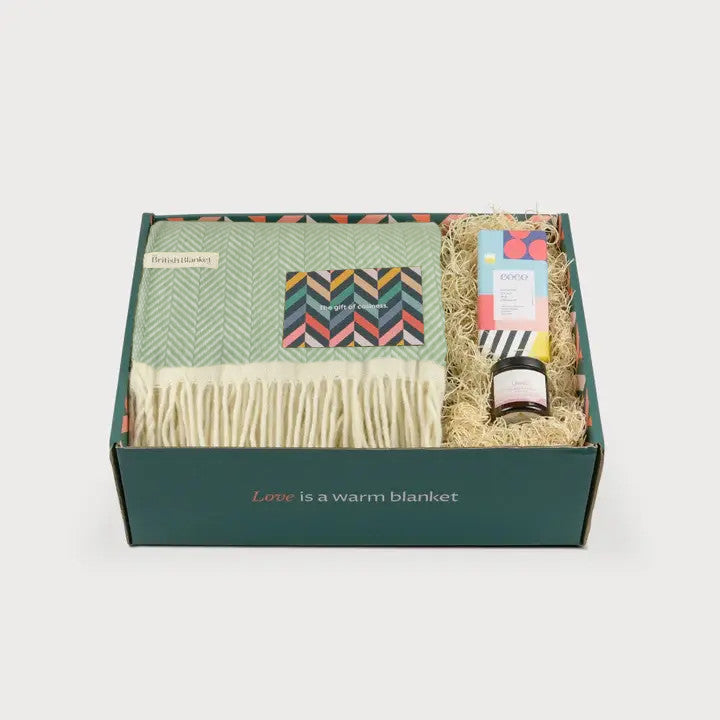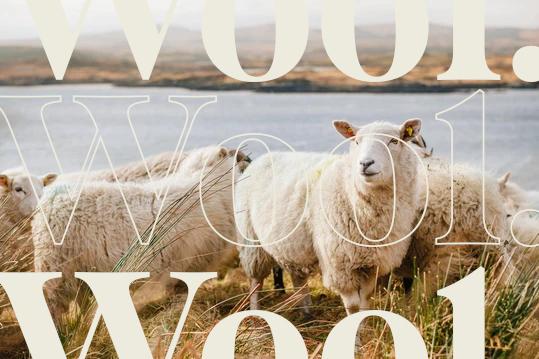One of the positive things to have come out of the past year is that more people are making ethical choices when they shop. From supporting small and local producers, to asking questions about where ingredients and materials come from, it's important to understand the ethics behind the products we buy. In this blog post, we'll explain how you can be sure you are shopping ethically when you buy from The British Blanket Company and how to scrutinise other retailers to check if wool products are ethical.

How we source ethical wool
The wool we use to make our blankets is sourced from South Africa and New Zealand. This is not only because these countries produce the softest and finest fleece for weaving blankets, but because they have very high animal welfare standards. Mulesing can be a concern with merino wool from Australia, so this is best avoided. Instead, we source our wool from South Africa and New Zealand, where the practice is banned. This way, we can be sure our merino wool is mulesing-free.

What about British wool?
We don’t use British wool simply because it is not ideal for making soft and cosy throws. Because of the harsh British climate, most native sheep breeds tend to have coarse fleeces which are too rough for making soft blankets and scarves. However, you can still support local sheep farmers by looking out for products made from British wool, which is mostly for carpets and home insulation. The British Blanket Company is also exploring the possibility of using softer rare breed British wool in a future special collection... watch this space!
Pictured above is our Rainbow Stripe Supersoft Merino Herringbone Throw
Does shearing hurt the sheep?
Shearing doesn't usually hurt the sheep, it's similar to getting a hair cut. A skilled shearer can remove the fleece in about two minutes without causing the sheep injury or stress. Sheep grow a brand-new fleece grown every year and shearing is important to keep them cool in summer as the fleece does not shed naturally. Sheep don't suit intensive farming, so they will most of their lives roaming freely outdoors with their flock, where they can express their natural behaviours.
Is wool good for the environment?
Synthetic fabrics are man-made plastics that start as petrochemicals and fossil fuels. By contrast, a sheep simply needs grass and drinking water to naturally grow their new fleece each year. Wool also has advantages over cotton, which takes lots of water and chemical fertilisers to produce.
At the end of its life, wool fabric can be recycled and re-spun back into yarn. Even if it does reach landfill, it biodegrades completely in 3-4 months and releases beneficial nutrients into the soil. Synthetic fabrics take decades to break down, creating microplastics that wash into rivers and oceans.
Can vegans use wool?
Sheep aren't harmed or killed in the process of collecting their fleece, so many vegans will be comfortable using wool. However, as wool comes from farmed animals, some vegans will prefer not to buy wool. If you are buying wool for a vegan as a gift, it is a good idea to check how they feel first.
Protecting workers' rights
All our blankets are made in Britain and Ireland where employment standards are high. Textile products, including wool blankets, are increasingly being made overseas in places like India and Inner Mongolia (China) where workers can be exposed to exploitation, dangerous conditions, long hours and low pay. At The British Blanket Company we know the people in our UK and Irish mills personally, and we only work with small mills that we know are ethically run.
We are so appreciative of all our customers who choose to buy ethically, support our family business and believe in us as we continue our mission to support British weaving. It means a lot to us that you "get it" and we always enjoy hearing from you via email or social media to chat more on these important topics. You can find us on Instagram, Facebook and Twitter or you can Contact Us here with your thoughts.
